What do weaving and Polar Bears have in common?
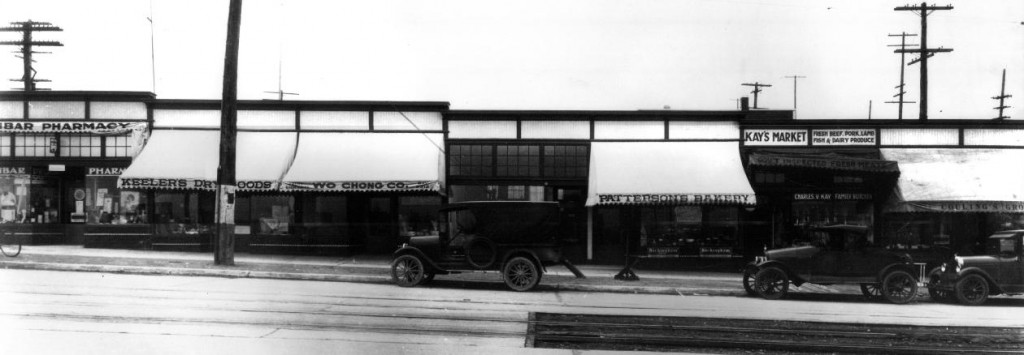
In early 1999, a committee of the Dunbar Residents Association was established to document the history of Dunbar/Southlands and perhaps publish the results of their labour. The first meeting of the Dunbar History Project committee set the standards and ambitions high for the project as a whole. They
- defined the subject of study and the boundaries of Dunbar,
- determined Chapter Team Leaders and their respective projects,
- decided on the tone of the publication, and
- planned for acquiring funding.
Over the years many dedicated volunteers laboured to ensure the completion of a product they and the Dunbar Residents Association would be proud of. Original research was carried out through interviews with Dunbar residents in local libraries, institutions and archives.
On May 1, 2007 the book launch for The Story of Dunbar: Voices of a Vancouver Neighbourhood was held at the Dunbar Community Centre. The initial print run was for 5000 copies instead of the originally planned 2000; the book was a wonderful success.
A copy of The Story of Dunbar: Voices of a Vancouver Neighbourhood can be found at your local library, read in the Archives reading room (call number FC 3847.52 S865 2006), or purchased from the publisher.
The people in your neighbourhood
The production of the book was an ambitious project that produced many records:
- 204 audio recordings of interviews,
- ca. 700 photographs,
- textual research material, and
- administrative records.
With the book completed, these records were of no further use to the body that had created them, but the group wanted to preserve them. They decided to donate the records to the Archives where they would be preserved and made available for further research.
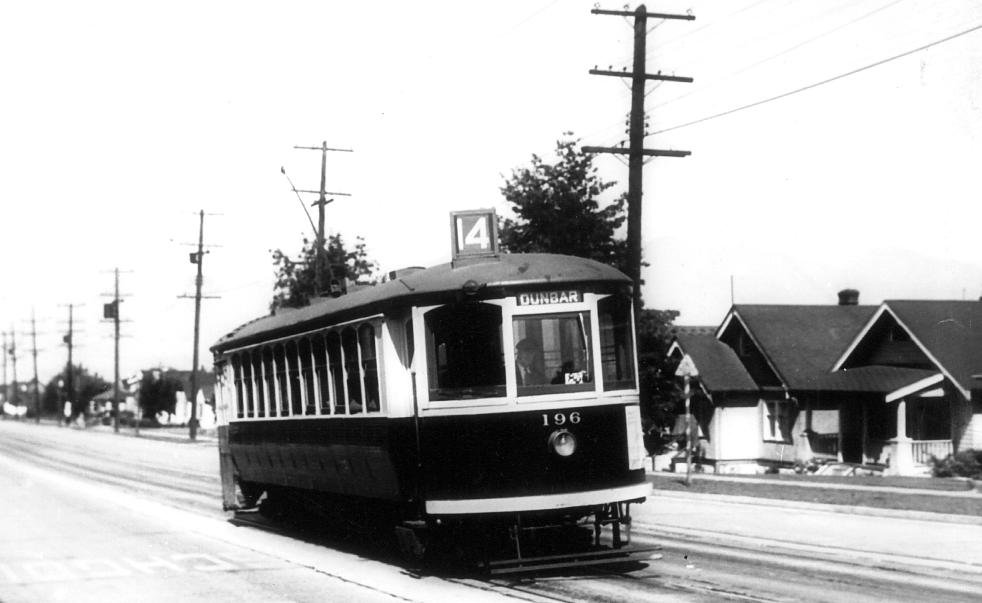
The Dunbar History Project collected many photographs for the book. Not all made it into the pages of the completed book; however, they are all available at the Archives. A small selection of the images in public domain can be viewed on our Flickr site.
An essential part of research for the book was interviews conducted with many people who called the Dunbar neighbourhood home. Thanks to funding from the Dunbar Residents Association, the Archives was able to digitize many of these; ninety-three interviews are currently available for your listening pleasure at the Archives. The digitized interviews include people interested in and knowledgeable about diverse topics:
- Angus McIntyre (2009-005.109) talks about transportation in Dunbar,
- May Brown (2009-005.021) about physical education,
- Betty McQueen (nee McCleery) (2009-005.113) shares her memories of the early pioneer days of Dunbar,
- And Debra Sparrow (2009-005.158), Musqueam weaver, talks about her art, the experience of learning to weave, and the relationship between art and life.
Interviewees include local business people, artists, athletes, teachers, Musqueam band members, people involved in charity work, and many more representing the diverse nature of the Dunbar neighbourhood. Other highlights include:
- Ivy Granstrom (1911-2004), talks about her life and experiences (see item number 2009-005.068). Granstrom was born blind but she never let that slow her down; always active, she skied and swam, participated in the Vancouver Polar Bear swim for 76 years in a row, earning her the title of Queen of the Polar Bear swim, and, as part of her therapy after being hit by a car, she took up running at the age of 64. Soon after her introduction to the sport of running she was competing in the 60+ category at the World Senior Games against sighted competitors, winning medals and breaking records. In 1988 she was awarded the Order of Canada. I am hoping that the NFB makes Poison Ivy (1980) a 12 minute documentary about her life, available to watch soon.
- The Joy Coghill interview will be of interest to anyone interested in the history of theatre in British Columbia. Coghill founded the Holiday Theatre, the first professional theatre for children, entertaining children throughout British Columbia and Canada. Coghill discusses her lifetime in theatre including her recent involvement in “Western Gold,” the first professional theatre for seniors.
The Theatre Museum Canada has posted a series of YouTube videos featuring an interview with this local theatre innovator. Here she talks briefly about the Holiday Theatre:
Dedicated volunteers and Young Canada Works grant students created transcripts and notes about topics covered for many of the interviews. These transcripts will be useful in determining which interview might interest you most.
Neighbourhoods
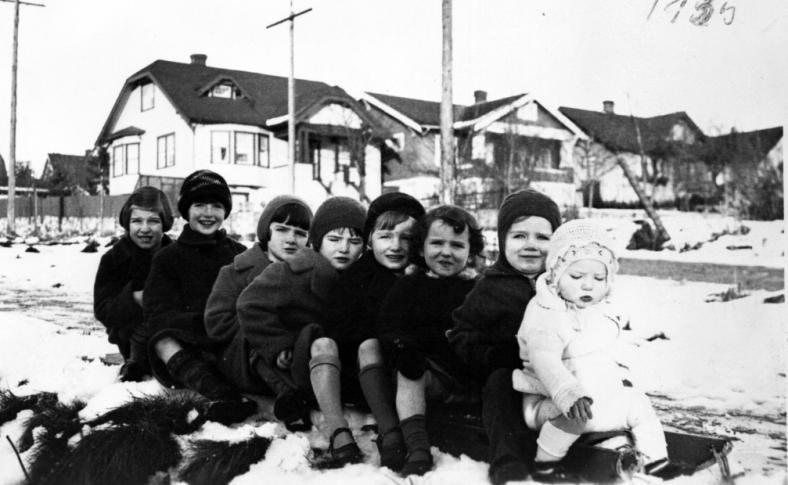
What makes a neighbourhood a neighbourhood can be challenging to define. Boundaries are often not precise when it comes to who and what belongs to which neighbourhood. The sense of community and belonging that comes with being a part of a neighbourhood, however, has value that is instantly recognized and felt by its members. A sense of place, and a pride in that same place, was at the root of the project that produced the records in the Dunbar History Project fonds.
The City of Vancouver Archives may not physically be in the Dunbar/Southlands neighbourhood, but we are glad to be able to offer this connection to the neighbourhood and by extension connect to the Dunbar/Southlands community. The records created as a by-product of researching and writing The Story of Dunbar: Voices of a Vancouver Neighbourhood are an excellent source of information about all aspects of living and growing and doing business in this vibrant neighbourhood of Vancouver.
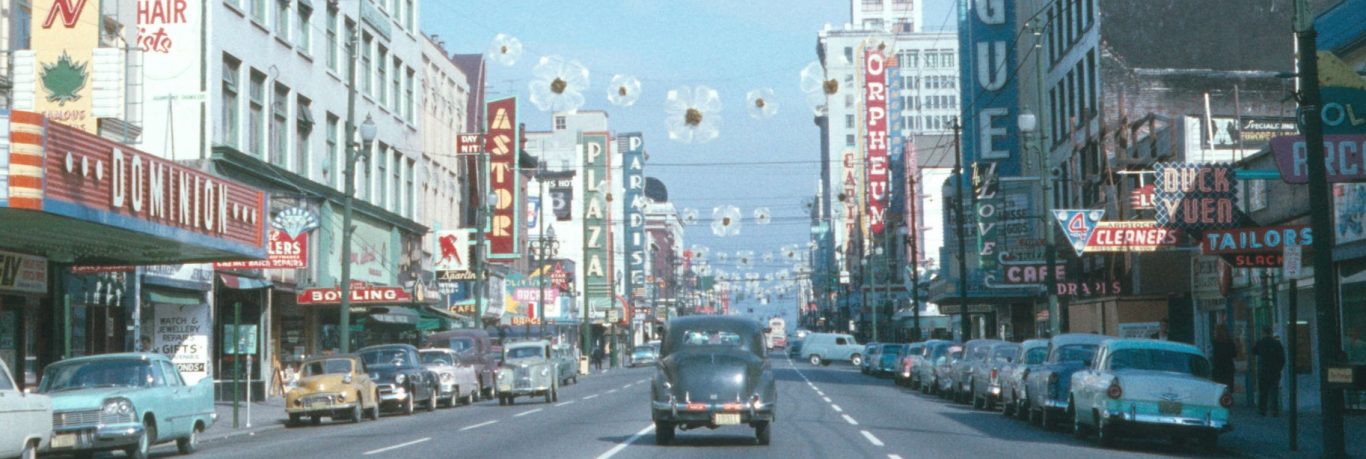

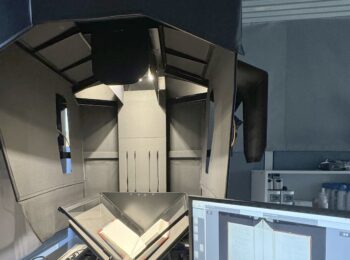
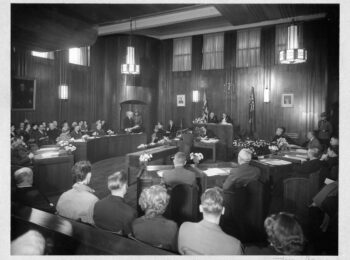
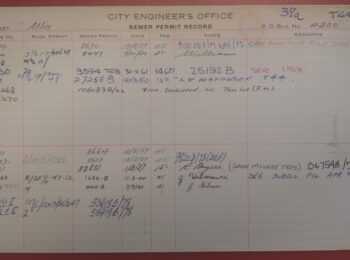
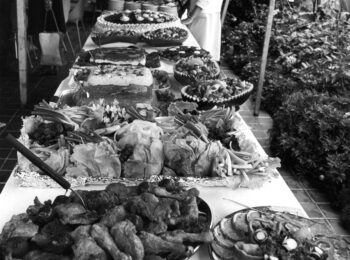
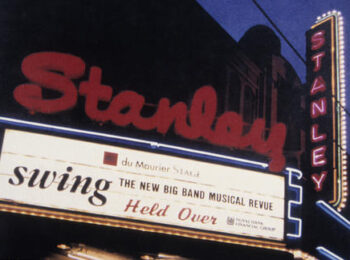
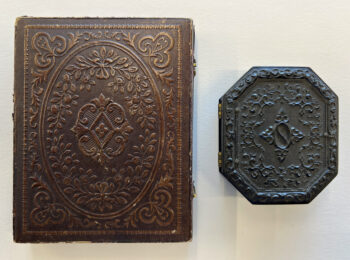
Great to read and to save our history. Thanks – keep up the good work.
Thanks for doing all this wonderful research about the Dunbar area. My one regret is that I did not give a picture of my grandfather, Fred Tinck’s, hardware store to the Vancouver archives until after the project and book was completed. In my early years, I enjoyed visiting his store as well as other businesses on Dunbar Street. My dad, Robert Tinck, was also best friends with Bob Tully who also had a flower shop on Dunbar.